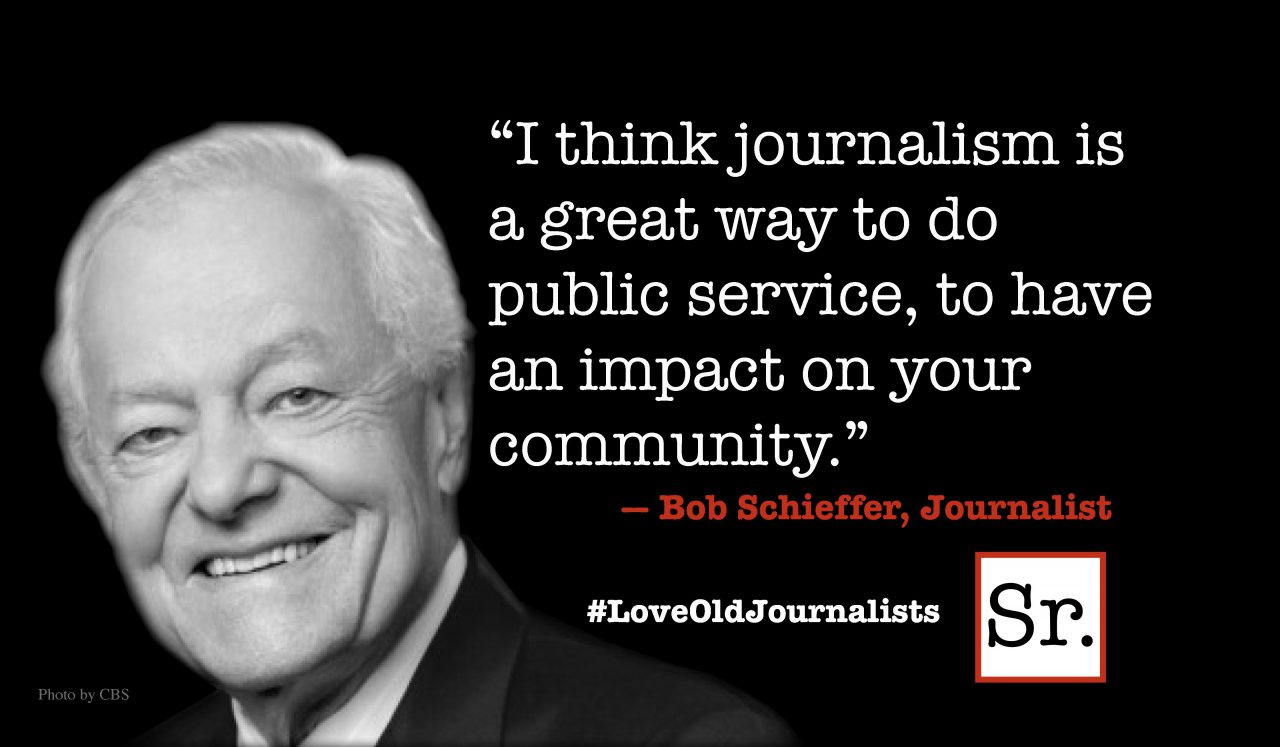Q: Our 4-year-old son prefers solitary play over play with other children. It’s been this way from early on when I began arranging play dates for him. When those really didn’t work, I enrolled him in pre-school, but that didn’t help either. If firmly instructed to do so, he will join in and “play” with other children. I put the word in quotes because he doesn’t seem to really connect. He’s very imaginative and will spend hours in his room playing quietly on his own or even boisterously with various imaginary friends. At both home and school, he’s polite, obedient and sometimes can be very talkative with his older siblings or us. Everyone agrees that he seems happy and content. He’s in pre-K now and his teacher tells us he’s at least a year ahead of most of the kids in his class. Nonetheless, his school counselor called us in the other day and suggested he might have a mild form of autism — specifically, Asperger’s syndrome. Do you think we should have him evaluated?
A: Obviously, your son has more going for him than against him, which is my primary reason for recommending against an evaluation — for the present, at least. Based on your description, it sounds to me as though your son is on the cusp of qualifying for a diagnosis of Asperger’s syndrome. Whether that occurred would depend on how liberally the therapist in question interpreted the diagnostic criteria.
In my estimation, those criteria (symptoms) should always be considered in light of the “big picture,” which in this case, includes the fact that your son is a happy, content, intelligent, well-behaved and imaginative little fellow who interacts well with family members — the people with whom he is most familiar. That description is more significant than his social immaturity.
Full disclosure: I don’t think autism, in its classical form, is a mental or psychological disorder. Granted, it has psychological features — specifically, significant impairment in relationship formation and communication skills, along with obsessive preoccupation with certain topics or objects — but growing evidence points to the strong possibility of a physiological cause that has not yet been identified. I also doubt the diagnostic validity of autism spectrum disorder. In my heretical estimation (I am admittedly in the professional minority here), a so-called mild form of autism is not autism at all. Human beings are a peculiar species and one or two peculiarities, in and of themselves, do not necessarily justify a diagnosis.
We seem, collectively, to have forgotten that children are capable of being odd little creatures — some more than others. Most children eventually outgrow their oddness or learn the advisability of controlling it. For that reason, I’d hold off, for the time being, on an evaluation. At age four, the fact that a child is lagging in one developmental area is, in and of itself, no cause for alarm.
One thing is certain: If people treat a child as if he has something wrong with him, the child is likely to become convinced there is something wrong with him and begin acting accordingly. Your son is a smart, imaginative, happy little camper who, at this early point in his life, doesn’t socialize well with other children. Given the positives, I am inclined to think that the best therapy is patient guidance from the people who love him the most.









